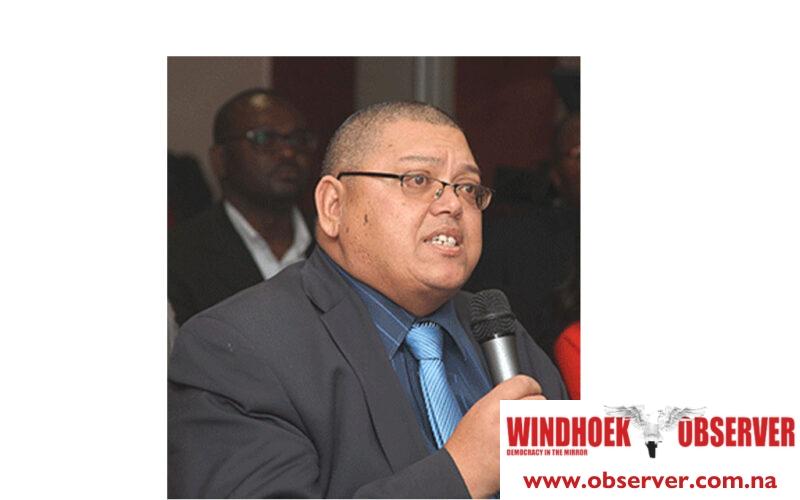Niël Terblanché
The ministers of fisheries and marine resources and labour, industrial relations, and employment creation have announced a review of the Government Employment Redress Programme (GERD).
The programme, launched in 2020, was intended to secure approximately 2 500 jobs for fishermen who had lost their employment for various reasons.
Fisheries Minister Derek Klazen explained that the GERD will be re-negotiated to ensure fishermen can find active work on vessels.
This decision followed a consultation meeting with ex-fishermen and their employers on Thursday.
Klazen noted that many fishermen prefer working on vessels due to their higher earning potential compared to factory jobs.
Klazen said that the number of ex-fishermen in the group was initially less than 2 000, but has since increased.
The group now includes around 500 individuals who resigned from Cavema Fishing, workers from the now-defunct vessel Pemba Bay, and 450 National Fishing Corporation of Namibia (Fishcor) factory workers.
The fisheries minister said that during the initial implementation of the GERD, expressions of interest were sent out to companies to employ the affected individuals in various capacities within the fishing industry.
“However, the response has been mixed,” he said.
Klazen explained that companies were allocated fishing quotas based on negotiations with the ministry, but the quotas were insufficient for companies to justify chartering or purchasing fishing vessels.
“The rate is not sufficient for the companies to charter or buy additional fishing vessels. The companies realised that although they need boats, it does not make economic sense to bring in boats because the amount of quota they received is not enough,” Klazen said.
The disparity in earnings has also been a point of contention among the fishermen.
The minister said that people working as crew on fishing vessels can earn around N$16 000, while those working in factories or remaining at home earn between N$4 000 and N$5 000.
The limited availability of boats has led to a rotational work system, causing further dissatisfaction among the fishermen.
“We cannot live with this situation. I ask the affected people to allow us to get our findings together and work on new strategies,” Klazen said.
The Labour minister, Utoni Nujoma reiterated the government’s commitment to ensuring decent work and living standards for all Namibians.
He, however, acknowledged the challenges posed by resource limitations and the need for sustainable fishing practices.
“Overfishing could deplete critical fish stocks, similar to the decimation of sardine populations by foreign trawlers,” Nujoma warned.
He added that the government cannot disregard the findings of marine biologists and scientists and end up without fish resources.
“If we are not careful with hake and horse mackerel, the same will happen,” Nujoma said.
Both ministers commended participating companies for their efforts to make the programme work but also stressed the government’s right to withdraw agreements with underperforming companies.
Both ministers agree that the review of the GERD will focus on finding a sustainable and fair solution that balances the needs of the fishermen with the economic realities and environmental constraints of the fishing industry.




